| Structure | Name/CAS No. | Articles |
|---|---|---|
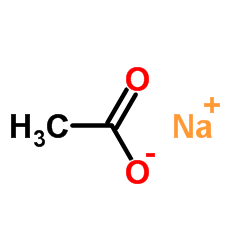 |
Sodium acetate
CAS:127-09-3 |
|
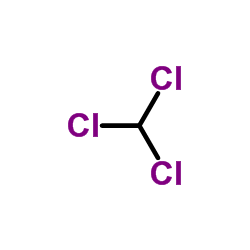 |
Chloroform
CAS:67-66-3 |
|
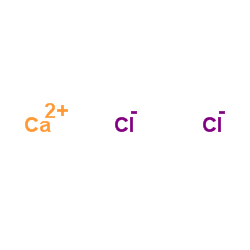 |
Calcium chloride
CAS:10043-52-4 |
|
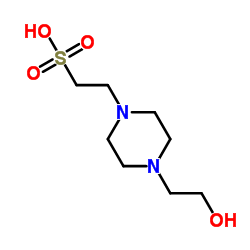 |
HEPES
CAS:7365-45-9 |
|
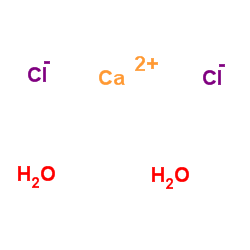 |
calcium chloride dihydrate
CAS:10035-04-8 |
|
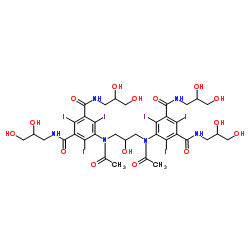 |
Iodixanol
CAS:92339-11-2 |